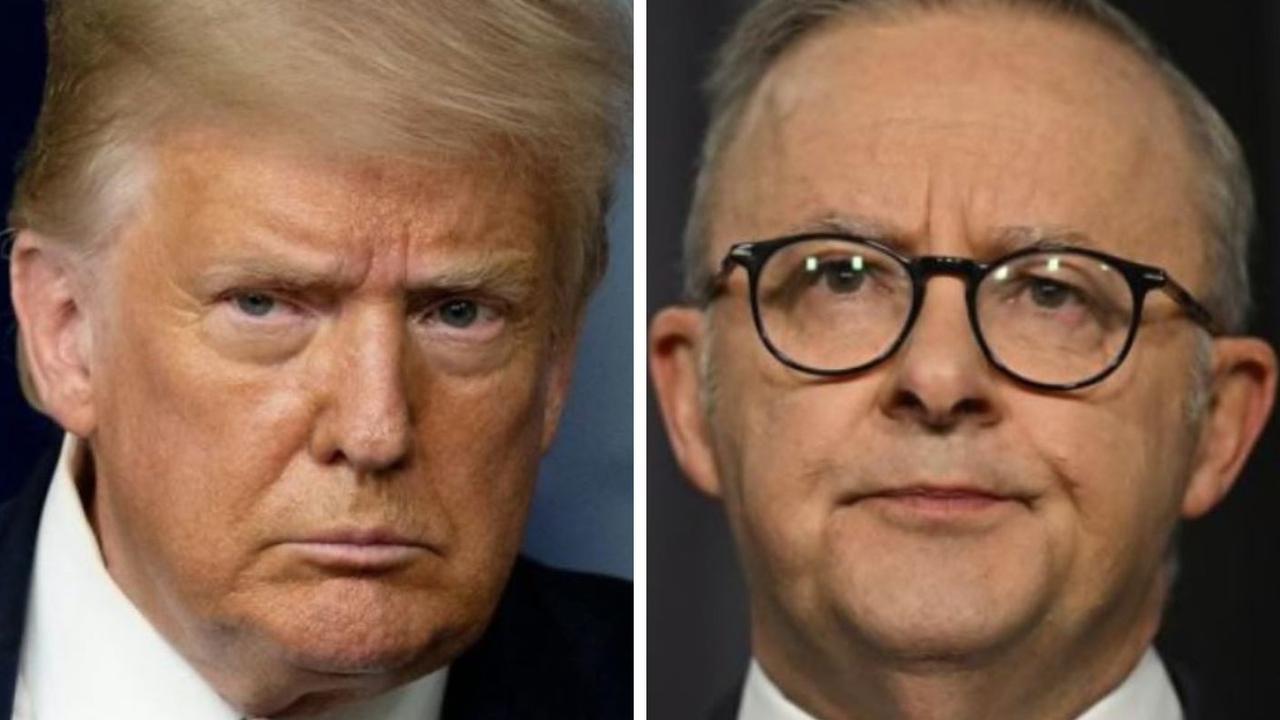Federal Government announces new powers to stop deals with foreign governments
Scott Morrison will unveil sweeping new powers that would disband deals foreign governments make with public universities, state and territory governments and local councils.

Scott Morrison will unveil sweeping new powers that will disband deals foreign governments make with public universities, state and territory governments and local councils.
The Prime Minister will on Thursday announce the reforms, which include a new public register to shine a light on secret agreements.
Sister city relationships, tourism and trade co-operation, as well as science and education deals would all be subject to the review.
Construction contracts from Victoria’s controversial Belt and Road initiative with China could also be terminated along with other private contracts if they fail to pass the foreign interest test.
“These changes and new laws will ensure that every arrangement done by any Australian Government at any level now lines up with how we are working to protect and promote Australia’s national interest,” Mr Morrison said.
“While many agreements and partnerships are of a routine nature, it is important that the Federal Government is notified of all and any agreements, be they state and local governments, or our universities.”

Arrangements that are legally binding in Australian law, foreign law, and non-legally binding agreements such as memorandums of understanding that go against Australia’s foreign policy will be subject to the proposed laws.
A new team will also be established within Department of Foreign Affairs and Trade to put new and existing arrangements under the microscope.
Foreign Affairs Minister Marise Payne will then be advised of any implications and consider if the arrangement adversely affects Australia’s foreign relations, and if the arrangement is inconsistent with Australian foreign policy.
If it fails to meet the test, state entities can be stopped from negotiating, entering, remaining in or giving effect to it.
The minister would also be given the power to seek an injunction in the Federal Court or High Court.
States, territories, local councils and public universities will be required to go through their existing agreements and self report deals to the Commonwealth within six months of the laws being enacted.
Senator Payne said there was currently no legislative requirement, nor clear understanding, that states and territories consult properly with the Commonwealth on arrangements with foreign governments.
A senior Chinese diplomat on Wednesday told the National Press Club that Beijing hopes the Australian Government and relevant authorities will facilitate investment and operations from Chinese companies, and won’t “be swayed by some ill-founded alerts”.
The Chinese Embassy’s deputy head of missions, Wang Xining, said he was concerned about co-operation in the field of science and technology because it was an “integral part of our relationship”.
Premiers and chief ministers received a security briefing about the issue at National Cabinet this month.
Commercial corporations, state-owned enterprises and foreign universities will be excluded from the proposed laws.
The legislation will be introduced in the parliament next week.




